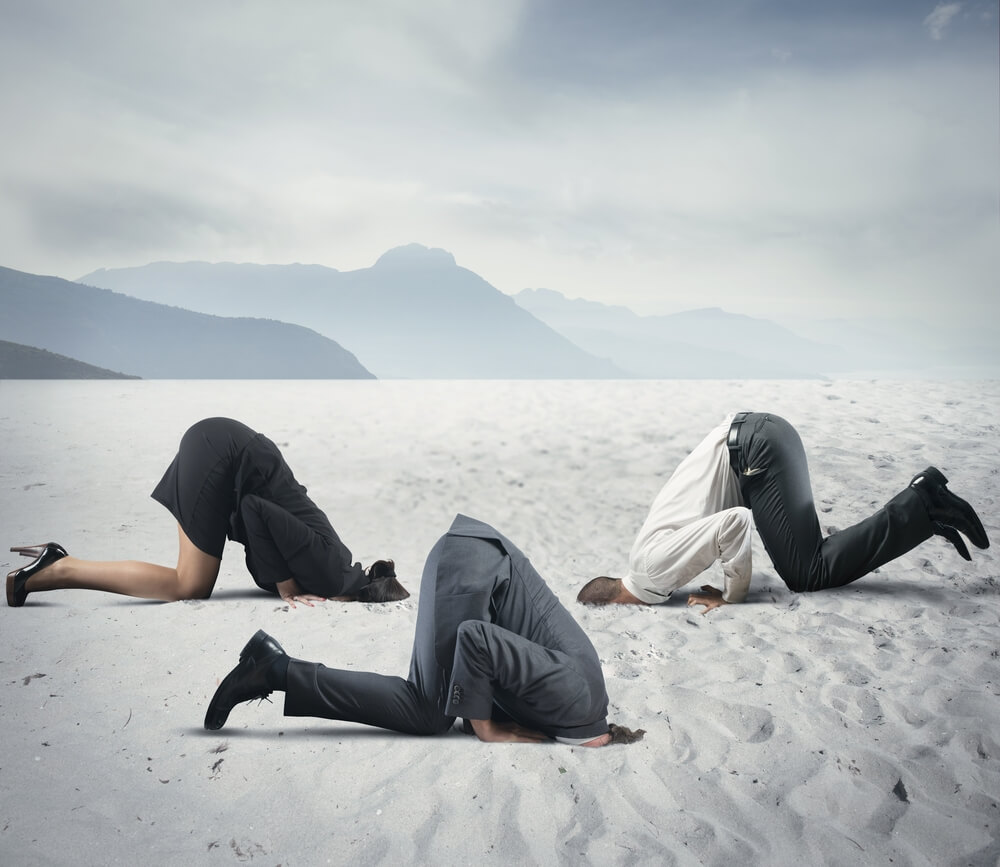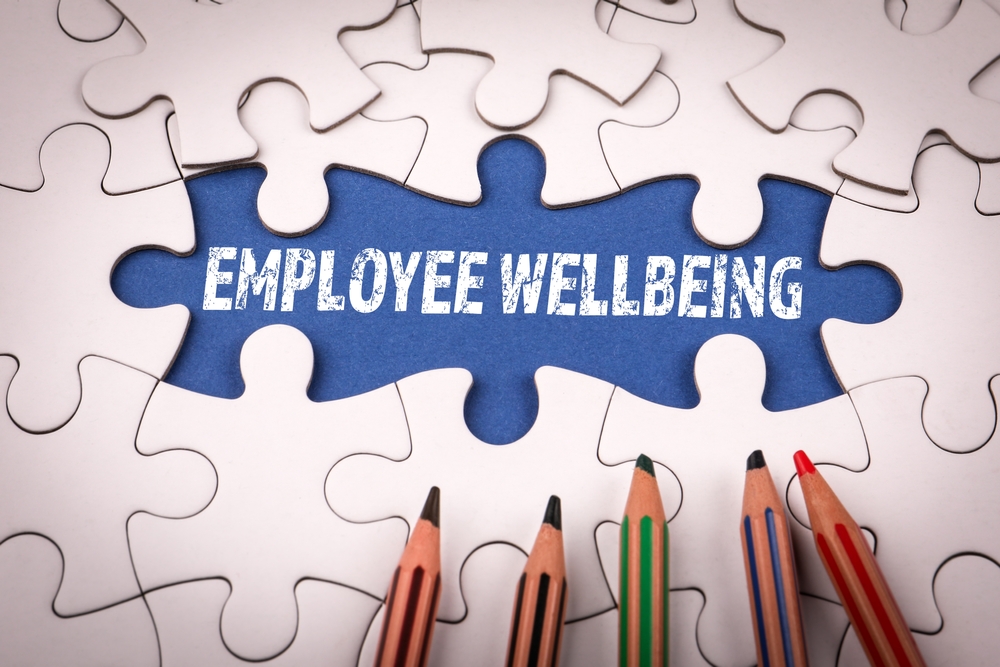Climate change, pandemics, war. In current times the world can feel like a difficult place to live in. Our brains are trying to process multiple existential threats, whilst keeping up with the tasks of day-to-day life. No wonder so many people are feeling exhausted, burned out and overwhelmed. We also live in an age of information overload: we are connected to a continual feed of information via social media, the radio, the television, and the internet. In our culture there is an implicit pressure to stay connected and up to date. However, the media is not an unbiased source of information; the task of the media is to sell news. Whilst some media outlets are more objective than others, the core task of the media is to focus on the interesting, the shocking, the unusual. Much of the media we consume is sensationalised and most of it is focused on negative events.
Am I suggesting we disregard all news and media, go and live under a rock and remain in blissful ignorance? No, of course not. It is important to remain informed of local and global events. However, as with everything in life we must find a balance. The bias of the media reflects the bias of our brains. Our brains have evolved to be threat focused, which is important for survival, but can have negative impacts on our wellbeing if left unchecked. Correspondingly, many studies show that excessive news consumption has detrimental effects on mood and wellbeing. Some of these studies are discussed in the fantastic book ‘Humankind: A Hopeful History’ by Rutger Bregman (I highly recommend this read for anyone feeling hopeless about the current state of the world).

Broadly speaking, this impact is due to our ability to activate our own physiological threat systems through mental processes (reflecting, worrying, ruminating, etc.). Whenever something anxiety-provoking is on our mind, our physiological fight-and-flight system is switched on. When this stays continuously switched on, the chronic cortisol production (among other physiological impacts) detrimentally impacts our immune system, our sleep, our digestion, and of course our mood. Our threat-focused brains evolved to deal with short-lived threats, not the type of long-term existential threats we are facing today. It is crucial therefore that we take deliberate actions to manage our wellbeing during these difficult times, to mitigate against a host of chronic stress-related mental and physical health difficulties.
Like our social media use in general, a lot of news consumption has become habitual or compulsive. We habitually watch an hour of anxiety-provoking news before going to bed at night, a habit that is not conducive to creating optimal conditions for a good night’s sleep. We allow news app notifications to interrupt our focus when we are trying to work, or connect with family and friends over dinner. When we do get a few minutes of downtime, we spend it compulsively scrolling, rather than using these precious minutes to nurture our wellbeing. So no, I am not suggesting that we all become ostriches, but I am suggesting that we must try to consume media in a balanced and measured way, so that our brains can process these anxiety-inducing world events without becoming overwhelmed.
Striking a Balance: Practical Tips
Take control of your media consumption. In the world we live in, it’s almost impossible to escape the major headlines, so without explicitly consuming any news whatsoever you’ll still be aware of significant events via social media or word of mouth. You can then find articles on the topics you are interested in, from a trusted source, and read them at a time when you are feeling mentally prepared to take in the information. This takes you from passively consuming the news to making active choices about your consumption.
Turn off news app notifications. You can check the news regularly if you really want to, but check it at a time you have chosen, not compulsively. Take time to consider when to schedule this. Don’t sacrifice all the moments in the day that could otherwise be used for doing a little bit of self-care, genuine relaxation, gratitude, mindfulness, creating positive connections, etc. Also avoid reading the news just before bed, as this is counterproductive for achieving a relaxed sleep state.
Striking a Balance: Psychological Tips
You may be thinking: “Yes OK, but I’m really worried about these issues and they’re on my mind even if I’m not actively reading the news”. Worrying as a behaviour is the act of repeatedly engaging with anxiety-provoking thoughts that are often hypothetical and usually out of our control to do anything about. Worrying is different from productive problem solving. Our brains want to worry because of our propensity to focus on threats, but most people will concede that worrying is generally unproductive and only results in escalating our stress levels. You being stressed and sleep deprived will not help bring peace to Ukraine or reverse climate change.
Worry time is a great technique that allows your brain time to process these overwhelming issues in bitesize chunks, so that you’re not avoiding or suppressing your emotional responses to current events. It can also help reduce the number of hours per day spent worrying and ruminating, thereby reducing the hours per day that your physiological threat system is engaged. Here is how it works:
- Pick a time during the day. I usually recommend 15 minutes, and again, not before bed. If you’re really tight for time you could do this while commuting, washing the dishes, or doing something else mindless. Or indeed, take the time back from time you’d otherwise be scrolling social media!
- During this time, you can sit and just think about whatever is worrying you. Allow your thoughts to roam free and feel your feelings. If your brain doesn’t want to engage with the thoughts at that moment, that’s OK too.
- At the end of the allotted time, go and do something else e.g. cook dinner, go for a walk, call a friend. Many people fear they won’t be able to disengage from the emotions or thoughts once they’ve started, so having something planned beforehand is helpful.
- During the rest of the day, the worries will pop into your mind. But rather than engage with them, you tell them “not now” and try to refocus on whatever you were doing. This is different from thought suppression because you’re not indefinitely putting off engaging with the concerns.
Now, this is of course much easier said than done and it takes a lot of effort and practice. But even if you manage to reduce your worrying from 8 hours per day to 4 hours per day, that’s a lot less cortisol coursing through your body. Building up the ability to successfully put a pin in those worries is like building up a muscle, and practicing mindfulness is the exercise that can help build this capacity. This is a broader topic but, very briefly, it is worth debunking a couple of common myths about mindfulness. I often hear people say: “I tried it but I can’t make my mind go blank / I can’t relax”. These are not the primary aims of mindfulness (if your mind was completely blank you’d be unconscious or perhaps a very advanced meditator or a monk)! One of the core tasks of mindfulness is refocusing your attention. The other objection I hear a lot is: “I can’t practice mindfulness because there are too many distractions”…. Great! Every time you get distracted, notice that your mind has wandered and refocus your attention on the task at hand: you’ve just ‘done’ mindfulness!
When our brains and the media are on a mission to highlight the negatives, it is so important that we make a deliberate effort to recognise the positives too. This is not an effort to undermine the severity of the stressors, but an effort to regain some sense of balanced perspective. There are many ways to do this, whether that is deliberately consuming positive media events or perhaps keeping a gratitude journal to avoid losing sight of the good things in your life. In general, practices like these help us develop the skill of ‘both-and’ thinking – “yes these current global events are deeply troubling and should be taken seriously and I can still be grateful for my family/health/privilege/job/etc”.
When the world feels out of control, and we feel helpless and overwhelmed, the best thing we can do is focus on what is in our ‘circle of control’, which promotes a more proactive approach. This idea goes hand in hand with worry time and becomes easier as you learn to separate out unproductive worry from concerns that you can actively problem solve. One thing that is usually within our control is our own self-care. Even if you’re fantastic at disengaging with worries, it would be natural to have a certain resting level of anxiety or stress in times like these. Basic self-care and looking after our physical health is therefore more important than ever, and attending to this will shift your attention to ‘doing’ something. More broadly, acceptance-based and compassion-based strategies are most recommended for managing moral injury and chronic existential anxieties; but these are topics for another article and another day.
This is not an exhaustive list of strategies to manage your wellbeing through difficult times and we must all do what works for us. Reaching out and engaging with social support is just as important as self-care and self-management; nobody has endless capacity for internally driven resilience. And ‘managing’ stress is not the same as not feeling stressed at all. In summary, this article is not promoting ‘toxic positivity’ (I’m not telling you to paint a smiley face on what are objectively grave and deeply troubling issues), nor is it promoting ‘ostriching’ (head-in-the-sand avoidance). Rather this is about finding some balance, regaining some sense of autonomy and control, and supporting our minds and bodies to survive through difficult days.






